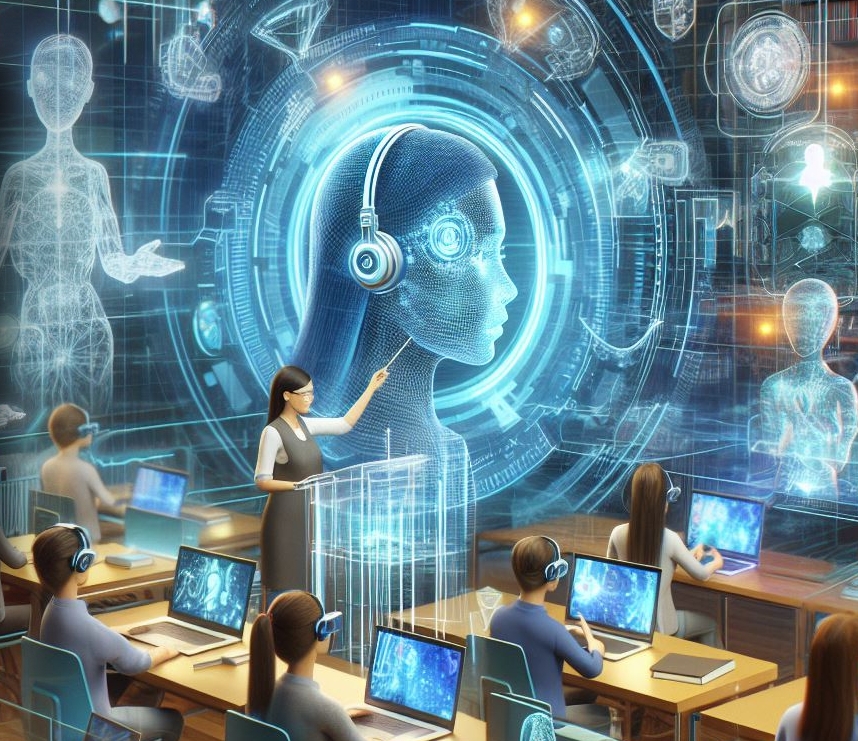Tech giant Microsoft outpaced both AWS and Google Cloud, with sales rising by 31 per cent (year-on-year)…reports Asian Lite News
As artificial intelligence (AI) becomes a key demand driver for cloud investment, Amazon Web Services (AWS), Microsoft Azure and Google Cloud collectively grew by 24 per cent, accounting for 66 per cent of total spending in the first quarter (January-March) period.
Tech giant Microsoft outpaced both AWS and Google Cloud, with sales rising by 31 per cent (year-on-year), nearly double the AWS’s growth rate of 17 per cent, while Google Cloud grew 28 per cent YoY, according to global market research firm Canalys.
The report mentioned that despite holding the largest market share at 31 per cent, AWS faces increasing competition from its fast-growing competitors.
Microsoft Azure was second with a market share of 25 per cent and Google Cloud was third, with a market share of 10 per cent in the first quarter this year,
Earlier this month, the Amazon-run company announced the departure of its CEO Adam Selipsky after three years in the role. Matt Garman will become CEO of AWS, effective June 3.
Yi Zhang, an analyst at Canalys, said that Microsoft’s end-to-end portfolio is proving to be a strong “competitive moat”, while Google’s strength in AI is giving it a strong tailwind.
As enterprises embrace AI-driven initiatives, there is a potential need to transfer their workloads and data to cloud platforms to avail themselves of essential computing and storage capacities, the report mentioned.
Meanwhile, global cloud infrastructure services expenditure grew by 21 per cent in the first quarter to reach $79.8 billion, an increase of $13.4 billion YoY.

S. Korea Leads AI Regulation Talks with OECD
A digital society initiative, jointly led by South Korea and the Organisation for Economic Cooperation and Development (OECD), will officially kick off next week to discuss global governance on artificial intelligence (AI) and digital technologies, the Science Ministry said on Sunday.
The initiative, set to open on Monday, will function as a global policy platform aimed at helping OECD members form a digital society for shared prosperity, according to the Ministry of Science and ICT.
The Ministry said it plans to introduce the ‘Digital Bill of Rights’, which revolves around the five principles of freedom, fairness, safety, innovation and solidarity for the establishment of a new digital order, to OECD members of the initiative, reports Yonhap news agency.
The digital bill of rights was proposed by the South Korean government last year as part of efforts to build an appropriate regulatory system to respond to possible risks deriving from the evolution of AI and digital technologies.
“President Yoon Suk Yeol has led the international society’s discussion on digital regulations through his New York Initiative, Paris Initiative and the New York Digital Vision Forum,” said Song Sang-hoon, Deputy Minister of the office of ICT policy at the Science Ministry. “The OECD Digital Society Initiative will expand the discussion on the OECD level.”
ALSO READ: Elon Musk Brings Starlink to Indonesia













